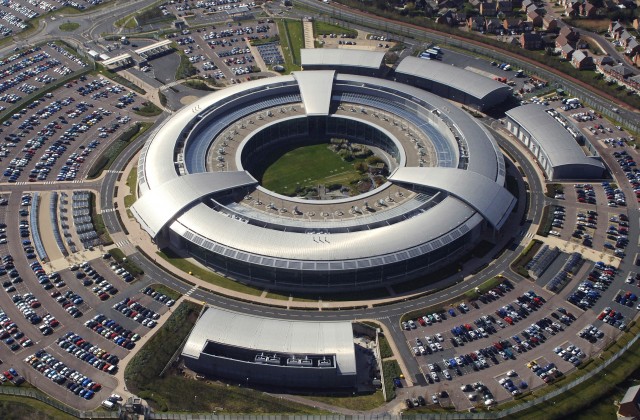Galloway launches legal case against the government over Snowden spying revelations
Legal proceedings against the government have been started by Bradford West MP George Galloway, following claims that communications are being intercepted by the intelligence agency GCHQ. This, he claims, is in breach of the ‘Wilson Doctrine’ which is supposed to guarantee that MPs’ communications are not spied on.
Galloway has made his complaint to the Investigatory Powers Tribunal (IPT), which examines complaints about surveillance by the country’s intelligence agencies and other public bodies.
Lawyers will argue that following the Tempora programme being exposed by CIA whistle-blower Edward Snowdon and the associated disclosures, it is inconceivable that Mr Galloway’s communications are not being intercepted. The disclosures by Snowden confirmed that the Tempora programme, primarily operated by GCHQ, monitors and collates on a blanket basis, the full range of electronic communications data produced in, or transiting through, the United Kingdom and other countries. Additionally the communications it intercepts include emails and other internet traffic as well as telephone calls. The information collected is not just the content but also, for instance, the identities of the persons to whom communication are sent as well as the time and location of sender
In the Claim sent to the IPT, on behalf of Galloway, Chambers Solicitors assert that the interception of his communications is unlawful as it is in breach of the so-called Wilson Doctrine and in breach of Parliamentary privilege. The Wilson doctrine dates from 1966 and requires that there should be no interception of MPs’ communications.
The historical background of this relates to the Cold War during which the Government believed that communists from the Soviet Union had infiltrated British trade unions to generate political unrest. Information on these activities was not normally disclosed. However in a statement on the Seamen’s Strike on the 20 June 1966 the then Prime Minister Harold Wilson suggested that outside influences were preventing a settlement of the strike. There was growing concern amongst MPs that their phones were being tapped.
According to a Times article on 18 November 1966, Harold Wilson answered four questions on telephone tapping. Two were on whether MPs’ phones had been tapped, one asked how many warrants had been issued authorising tapping, and one asked whether this remained under the Home Secretary’s sole authority.
Harold Wilson then set out the doctrine named after him. He stated that there was no tapping of MPs’ telephones and he also gave a commitment that any change in policy would be confirmed by the prime minister to parliament.
Galloway’s lawyers will also argue the Government continues to act in breach of Articles 8 and 10 of the European Convention of Human Rights.
Alias Yousaf ,from Chambers Solicitors said, “We are testing not only the Wilson Doctrine but also a strand of parliamentary privilege that exists to protect every citizen in the country, allowing them confidential access to their MP to discuss any issue, free of it being spied upon by state bodies. The importance of this will impact on the right of every citizen not to have their private communications intercepted as a matter of course.”

